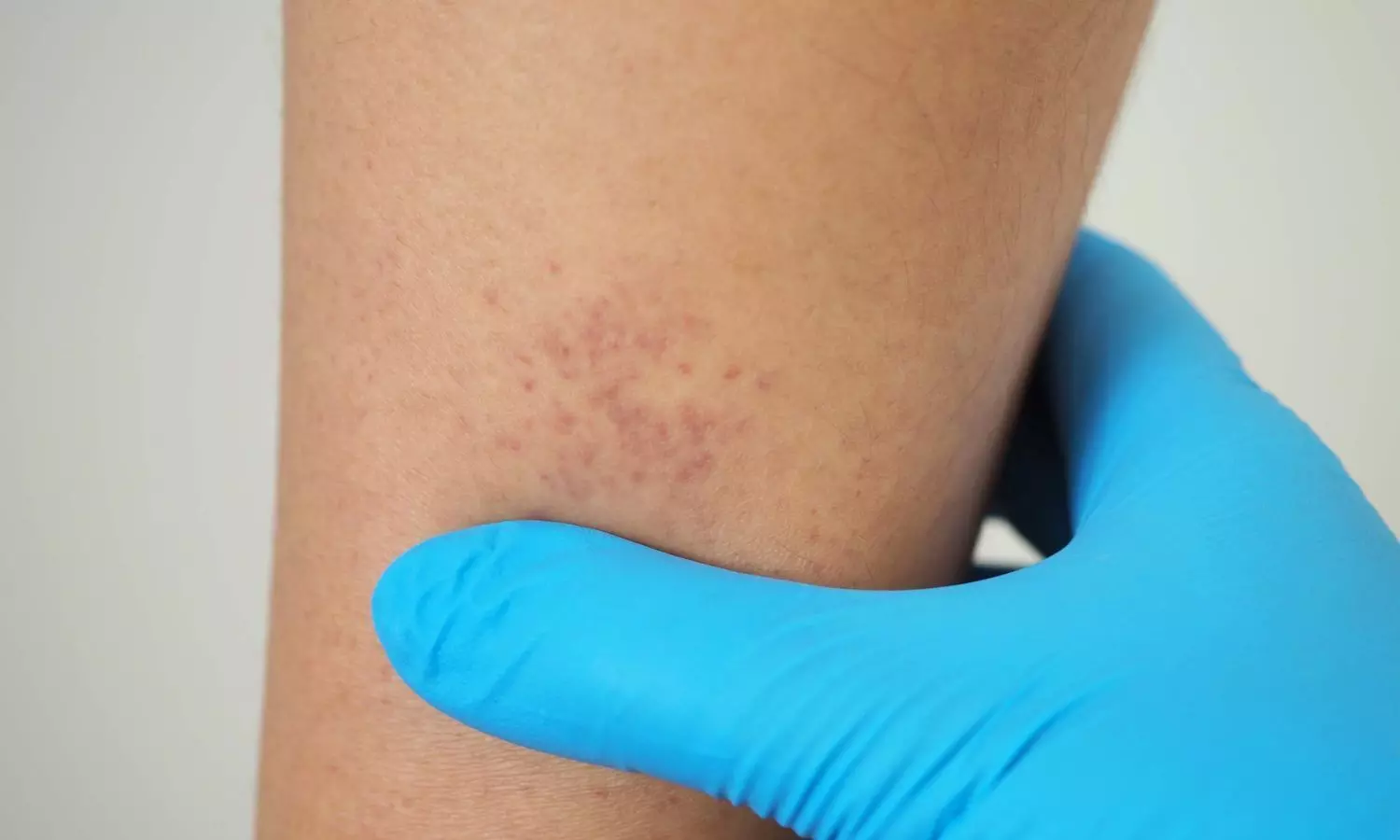Mezagitamab Delivers Strong Platelet Response and Safety Profile in Immune Thrombocytopenia Treatment: Study

USA: Promising findings from the Phase 2b TAK-079-1004 study have been unveiled by Takeda Pharmaceuticals at the 32nd Congress of the International Society on Thrombosis and Haemostasis (ISTH), showcasing the efficacy of mezagitamab (TAK-079) in patients with persistent or chronic primary immune thrombocytopenia (ITP).
According to late-breaking data announced on June 22, 2024, patients treated with mezagitamab demonstrated significant and sustained increases in platelet counts across all dose levels, accompanied by a favorable safety profile consistent with earlier trials.
Dr. David Kuter, presenting the results, emphasized the pressing need for effective treatments in ITP, stating, “Despite current therapies, there remains a substantial disease burden and demand for well-tolerated disease-modifying treatments.”
ITP, a rare autoimmune disorder characterized by accelerated platelet destruction due to autoantibodies, poses significant health risks including bleeding complications. Regulatory approval benchmarks for new ITP therapies require sustained platelet counts ≥50,000/µL.
Mezagitamab, an IgG1 monoclonal antibody targeting CD83-expressing cells, aims to swiftly restore and maintain functional platelet levels. The US FDA has previously granted Orphan Drug Designation and Fast Track Designation to mezagitamab for treating chronic or persistent ITP.
The Phase 2b trial evaluated subcutaneous mezagitamab across three dose cohorts (100 mg, 300 mg, and 600 mg) versus placebo over an 8-week treatment period, followed by a safety follow-up of at least eight weeks. Primary endpoints included incidences of severe treatment-emergent adverse events (TEAEs), serious adverse events (SAEs), and adverse events leading to drug discontinuation. Secondary endpoints focused on platelet response rates and clinical significance.
Results from the interim analysis revealed that mezagitamab significantly improved platelet response compared to placebo across all dose groups, maintaining responses above therapeutic thresholds through Week 16 post-treatment. The highest response rates were observed in the 600 mg cohort, with 81.8% achieving complete platelet response, 90.9% showing clinically meaningful response, and all patients achieving hemostatic response.
Safety outcomes demonstrated favorable profiles, with no new safety concerns identified and fewer bleeding-related adverse events in the mezagitamab group compared to placebo. Rates of TEAEs leading to discontinuation and severe TEAEs were higher in the mezagitamab cohorts, but consistent with expected profiles from previous studies.
Dr. Kuter expressed optimism about mezagitamab’s potential, affirming, “These Phase 2b findings highlight its efficacy and safety, positioning it as a leading candidate for ITP treatment.”
Takeda plans to advance mezagitamab into a global Phase 3 trial for ITP in late FY2024, signaling a commitment to address unmet patient needs with innovative therapeutic solutions.
“It is a privilege to have these Phase 2b mezagitamab results selected for presentation as a late-breaking abstract at the ISTH Congress,” said Obi Umeh, M.D., M.Sc., Vice President, Franchise Global Program Leader at Takeda. “Based on these results, we plan to initiate a Phase 3 study of mezagitamab in ITP in the second half of FY2024, further underscoring our goal to develop transformative treatments in therapeutic areas with high unmet patient needs.”
Facebook Comments



